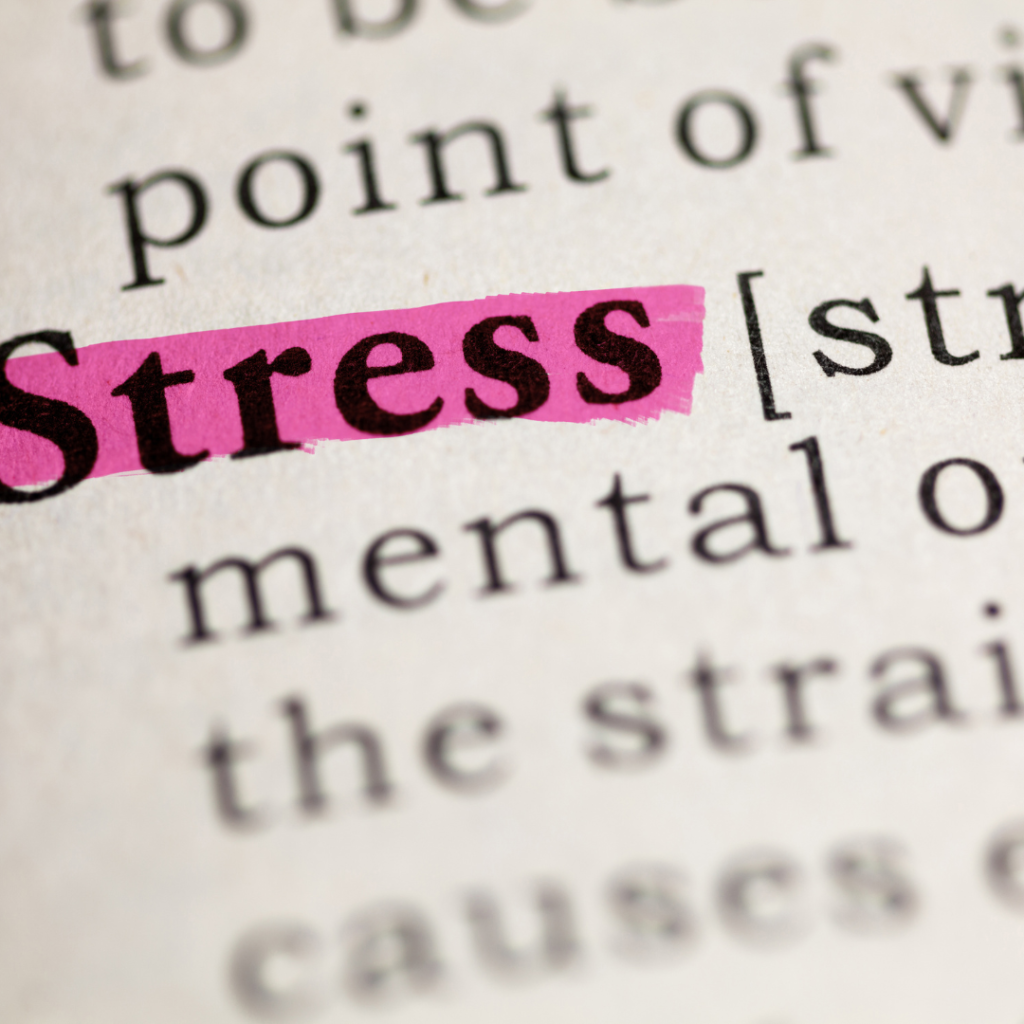Stress is an unavoidable part of life and can sometimes be beneficial. However, chronic or excessive stress can have detrimental effects on our physical and mental well-being. The impact of stress on the body is far-reaching, affecting everything from our hormonal balance to our immune system function. Therefore, understanding the mechanisms through which stress affects our bodies is crucial for developing effective coping strategies and maintaining overall health.

The Stress Response
When faced with a stressful situation, our body activates a sophisticated physiological reaction termed the “fight-or-flight” response. This response is orchestrated by the hypothalamus, a small region in the brain that acts as the command center for our stress response.
The hypothalamus sends signals to the adrenal glands, triggering the release of hormones like adrenaline and cortisol, which prepare the body for action by increasing heart rate, blood pressure, and blood sugar levels.
Despite being beneficial in the short term, this ancient survival mechanism can have detrimental effects on the body if activated chronically.
Hormonal Changes
The hypothalamus triggers the release of adrenaline and cortisol from the adrenal glands. These hormones prepare the body for action by increasing heart rate, blood pressure, and blood sugar levels while suppressing non-essential functions like digestion and reproduction.
While this response is beneficial in the short term, prolonged exposure to high levels of cortisol can lead to a host of problems, including:
- Weight gain, particularly around the abdominal area
- Impaired cognitive function and memory
- Disrupted sleep patterns
- Weakened immune system
- Increased risk of cardiovascular disease
Immune System Suppression
One of the most concerning effects of chronic stress is its impact on the immune system. Prolonged exposure to stress hormones like cortisol can suppress the activity of immune cells, making the body more susceptible to infections and diseases.
Stress can also disrupt the delicate balance of cytokines, which are small proteins that regulate immune responses. This imbalance can lead to inflammation, a key contributor to many chronic conditions, including autoimmune disorders, heart disease, and certain types of cancer.
Furthermore, stress can indirectly impact the immune system by promoting unhealthy behaviors such as poor diet, lack of exercise, and substance abuse, all of which can further weaken the body’s defenses.
Stress Management Strategies
Given the potential consequences of chronic stress, it is crucial to develop effective stress management strategies. Some effective techniques include:
Exercise: Regular physical activity is known to reduce stress levels and improve overall mental and physical health. Engaging in aerobic exercises like running, cycling, or swimming can help release endorphins, which are natural mood boosters.
Mindfulness and relaxation techniques: Practices like meditation, deep breathing exercises, and yoga can help calm the mind and reduce the physiological effects of stress. These techniques can also improve focus, concentration, and overall emotional well-being.
Social support: Seeking support from friends, family, or support groups can provide a sense of belonging and help alleviate stress. A strong social network can offer emotional support and a sense of community during challenging times.
Time management: Effective time management skills can help reduce the feeling of being overwhelmed and promote a sense of control.
Healthy lifestyle choices: Maintaining a balanced diet, getting enough sleep, and limiting alcohol and caffeine consumption can help the body better cope with stress.
The Best Anxiety Supplements for safe, effective, and research-backed options to reduce stress. With natural ingredients like ashwagandha, magnesium, and chamomile, these supplements support mental clarity, emotional balance, and better sleep.
It’s important to note that while these strategies can be effective, seeking professional help from a therapist or counselor may be necessary for individuals struggling with chronic or severe stress.
Caring for Loved Ones with Chronic Stress
When a loved one is dealing with chronic stress, offering support and understanding can make a significant difference in their well-being. While changing their diets, encouraging them to exercise more, and counseling them can make a huge difference, seeking medical intervention may also be required in severe cases.
Seeking medication may sometimes be costly. However, with various medical financing options available, the costs may be significantly reduced, offering more time for patient care. For instance, medical insurance policies like Preferred Provider Organization (PPO) and Point of Service (POS) can be beneficial. However, understanding the nuances of these plans can help caregivers make informed decisions.
Comparing PPO vs POS is important. PPOs often allow patients to seek care from out-of-network providers at a higher cost, providing more choices for specialized care or second opinions. On the other hand, Point of Service (POS) plans typically require members to choose a primary care physician within the network but offer the option to seek out-of-network care with a referral and higher out-of-pocket costs.
Stress is an inevitable part of life, but it’s crucial to understand its impact on our bodies and take proactive steps to manage it effectively. By recognizing the hormonal changes and immune system suppression caused by chronic stress, we can better appreciate the importance of adopting stress management strategies and seeking professional help when needed. Ultimately, prioritizing our mental and physical well-being through stress reduction can significantly improve our overall quality of life.